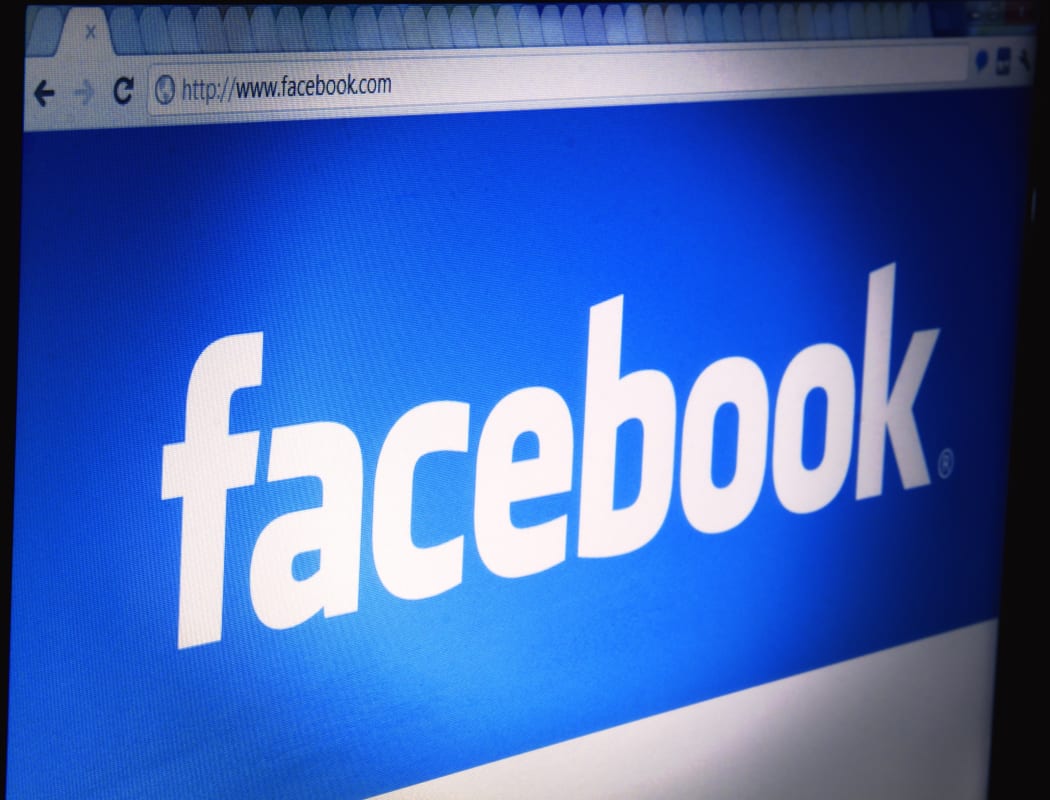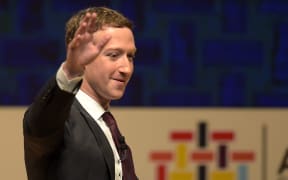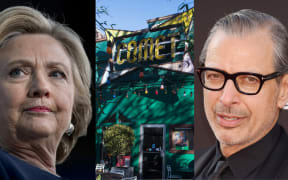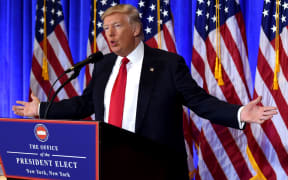Facebook is launching an educational campaign as part of its continuing efforts to counter fake news.

Photo: 123RF
For three days, an ad will appear at the top of users' news feeds linking to advice on "how to spot fake news" and report it.
The campaign, which does not include New Zealand, will be promoted in 14 countries.
The social media firm said that the initiative was designed to "help people become more discerning readers".
But experts questioned whether the measure would have any real impact.
"Until Facebook stops rewarding the architects of fake news with huge traffic, this problem will just get worse," Tom Felle, a lecturer in digital journalism at City University told the BBC.
From Friday, users who click on Facebook's ad will be redirected to its help centre, where they will see a list of 10 tips for identifying false stories.
These include looking at an article's URL, investigating the source of a story and thinking more critically about whether an article is a joke.
It also recommends being "sceptical of headlines", as false news stories "often have catchy headlines in all caps with exclamation points".
Adam Mosseri, vice president of news feed, said the tips would help people become more "discerning readers", which was critically important.
"We're moving to a world where people need to be more sceptical about what they read to make sure they are not misled or lied to," he said.
However, he also said the tool was just one part of a broader strategy and that there was "no silver bullet".
Mr Felle said the move was "welcome" but that Facebook should go further.
"One of the biggest problems with fake news is that the algorithms that run social media sites like Facebook and search engines such as Google are being gamed by black ops companies.
"These tips to spot fake news are welcome but do nothing to address that fundamental problem - in fact they put the onus on audiences to be suspicious of what they share, expecting viewers to be fact checkers - rather than acting to stop the spread of potential propaganda in the first place."
Facebook has been under pressure to combat fake news on its platform after claims it was used to sway voters during the US presidential campaign.
- BBC






